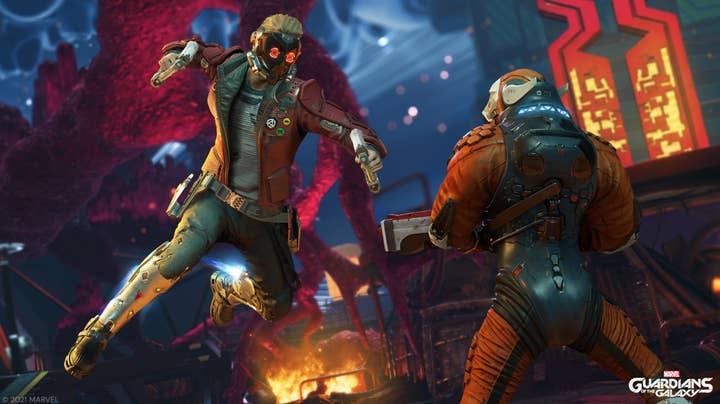Blurring Lines: The Mutual Benefits for AAA and Indie Game Developers | Opinion

The gaming sector is grappling with fast-evolving tech and the growing demands of AAA titles, with countless developers dedicating years to achieve the expected scale and detail.
These large projects often involve investments of hundreds of millions of dollars, posing complex development and resource challenges, hinging on significant sales to generate profit. Despite the large numbers, the benefits are slim, and the risks are rising.
A change is necessary. While player interest in high-quality next-gen AAA games remains strong, the escalating financial and human resource burden threatens sustainability.
From my extensive experience spanning from indie games to major AAA projects, I see an industry where boundaries are disappearing. The terms AAA, AA, and indie are becoming less relevant as the distinction based on project size fades.
If our entire ecosystem is to truly prosper at every scale, we must push the exchange further, and figure out what can come back up the chain
Embracing this blending of categories is beneficial. Game development is an interconnected system that thrives as a whole, with each successful part contributing to the growth and evolution of others.
Traditionally, smaller studios have leveraged technology and platforms developed by larger companies. An individual could start a project with Unreal Engine 5 without the enormous costs, sharing the same platform as major developers—a boon for all involved.
This has led to a prosperous mid-level development scene, benefiting from elite tools paired with the financial and creative flexibility of smaller endeavors.
Projects like Pacific Drive and Stray maintain creative originality while benefiting from high-quality graphics and tools, thanks to technologies initially developed by large studios.
For the industry to fully thrive, we must expand the sharing of ideas, allowing knowledge to circulate from all levels of the gaming ecosystem. High-end AAA studios can learn valuable lessons by observing other parts of the industry and adapting their practices.
A common sentiment in indie circles states a desire for shorter, lower-budget games made by fairly compensated developers. While it might appear lighthearted, there's a deeper message about focusing on excellence even within constraints, thus minimizing the resources and risks.
Encouraging shorter games emphasizes efficient use of scope rather than sheer content volume. Striking the balance between cutting-edge graphics and manageable project sizes is crucial. Games like Hellblade prove technically impressive because they focus and perfect a concise experience.
Better compensation and less workload for developers can lead to greater job satisfaction and retained talent. Imagine the possibilities if large projects could be managed with precision and thoughtful design—people might just stay longer in their roles.
While funding of $200+ million and large teams have their place, they shouldn't become the standard. The AAA space can learn from the creative constraints often found in smaller projects, leading to more effective and inventive outcomes.
Our approach to the production and team composition in AAA development might shift. Studios like D3T, which provide expertise and support on a project basis, offer a fresh perspective on sustainable and efficient production.
AAA must compromise somewhere... we can learn from the bold design and constraint found at the smaller ends of the spectrum
Even as industry veterans, we continually learn from adaptive and agile smaller developers. By grasping the principles of efficiency and flexibility, AAA studios can make incremental but crucial improvements, keeping the gaming industry vibrant and innovative.
As the gaming landscape transforms right before our eyes, the question remains: where do we head next in this evolving industry?